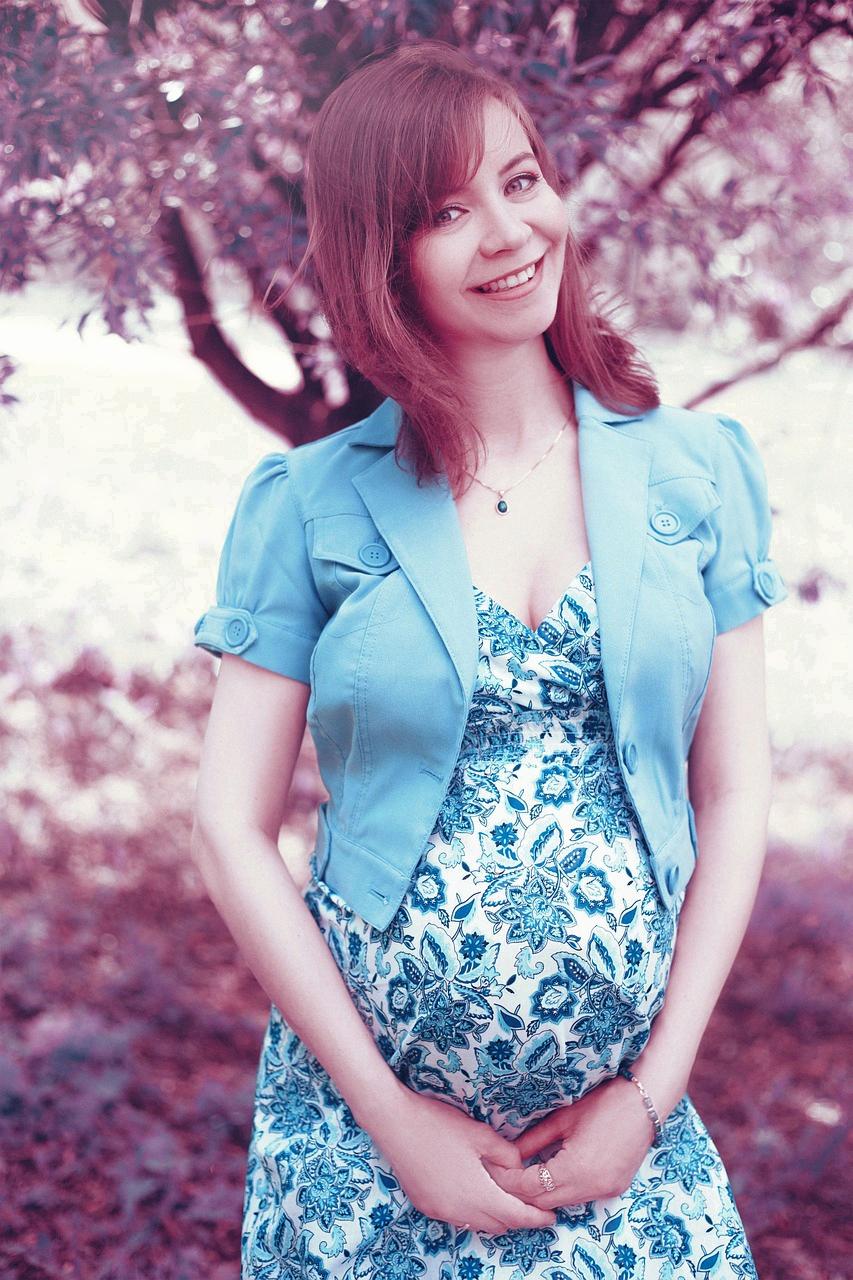When it comes to the well-being of your baby, there are crucial decisions that need to be made during pregnancy. One such decision revolves around the necessity of getting the whooping cough vaccine. Let’s delve into the significance of this vaccine during pregnancy.
Whooping Cough: A Serious Threat to Babies
Whooping cough, also known as pertussis, is a highly contagious respiratory infection that can be particularly severe in infants. Babies are at a higher risk of complications, including hospitalization and even death, if they contract this disease.
The Protective Role of the Vaccine
Expectant mothers play a crucial role in protecting their newborns from whooping cough by receiving the vaccine during pregnancy. By getting vaccinated, you pass on protective antibodies to your baby, providing them with immunity during the vulnerable early months of life.
Timely Administration of the Vaccine
Timing is key when it comes to receiving the whooping cough vaccine during pregnancy. The optimal window for vaccination is between weeks 16 and 32 of gestation. This timeframe ensures that the protective antibodies are transmitted to the baby before birth.
Enhancing Immunity in Newborns
Research has shown that infants whose mothers received the whooping cough vaccine during pregnancy have a significantly lower risk of contracting this disease in the first few months of life. This added layer of immunity can make a substantial difference in the health outcomes of newborns.
Reducing the Risk of Transmission
By getting vaccinated against whooping cough, you not only protect your own health but also contribute to reducing the spread of this disease within the community. Herd immunity plays a vital role in safeguarding vulnerable individuals, such as newborns.
Ensuring Comprehensive Protection
While newborns are too young to receive the whooping cough vaccine themselves, maternal vaccination offers a proactive approach to safeguarding their health. By bolstering immunity during pregnancy, you create a protective shield around your baby.
Expert Recommendations
Health authorities and medical experts strongly advise pregnant women to receive the whooping cough vaccine as part of routine antenatal care. This preventive measure is considered safe and effective in safeguarding both maternal and infant health.
Weighing the Benefits and Risks
Considering the potential risks associated with whooping cough in infants, the benefits of maternal vaccination far outweigh any minimal risks. The protective effects of the vaccine extend beyond the individual to benefit the broader community.
Educating Expectant Mothers
It is essential for healthcare providers to educate expectant mothers about the importance of the whooping cough vaccine. By providing accurate information and addressing concerns, healthcare professionals empower women to make informed decisions for the well-being of their children.
Empowering Maternal Health
Maternal vaccination against whooping cough not only protects the newborn but also promotes maternal health and well-being. By taking proactive steps to prevent infectious diseases, pregnant women play a vital role in fostering a healthy start for their babies.
Conclusion: A Vital Safeguard for Newborns
In conclusion, the whooping cough vaccine is a necessary component of prenatal care to protect newborns from a potentially life-threatening disease. By ensuring timely vaccination and promoting awareness, we can create a safer environment for infants and uphold the well-being of future generations.

